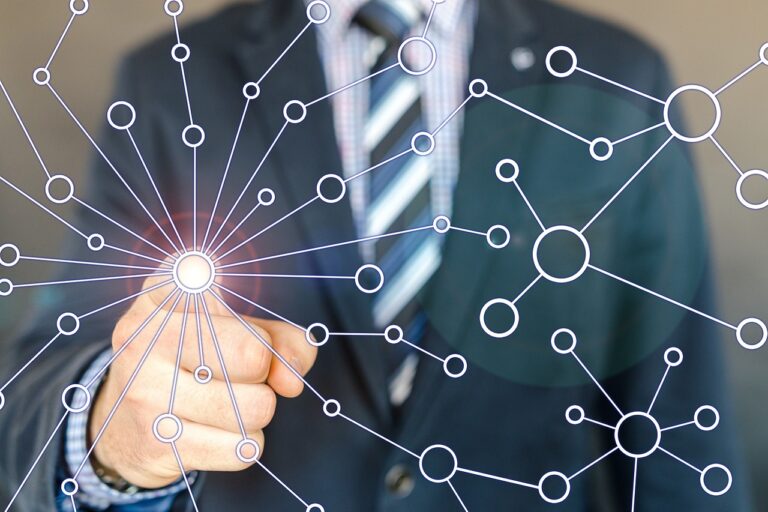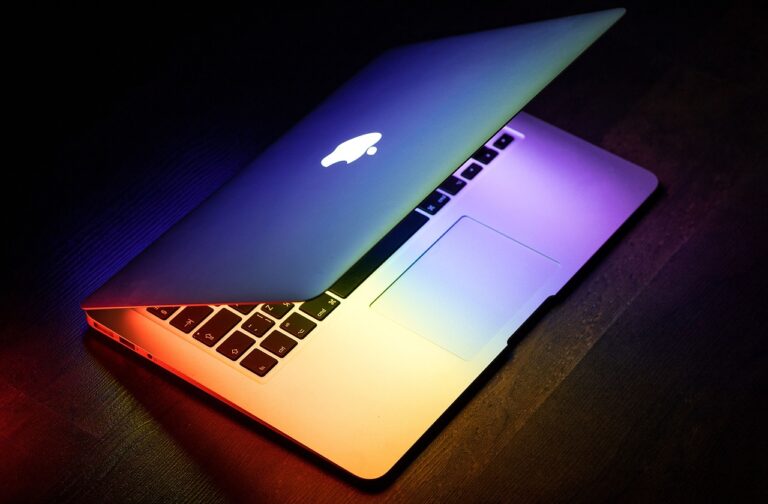Innovations in Sustainable Water Conservation Technologies
11xplay online, indian 24bet, skyinplay login:Innovations in Sustainable Water Conservation Technologies
Water conservation is becoming increasingly important as water scarcity continues to be a pressing global issue. With the world’s population growing rapidly and the effects of climate change becoming more evident, it is crucial to develop and implement innovative technologies that can help conserve water for future generations.
In recent years, there have been significant advancements in sustainable water conservation technologies that are helping to address this issue. These innovations range from new irrigation systems to water recycling technologies, all aimed at reducing water waste and promoting efficient water use.
In this blog post, we will explore some of the most promising innovations in sustainable water conservation technologies and discuss how they are making a difference in water conservation efforts around the world.
Smart Irrigation Systems
One of the most significant advancements in water conservation technology is the development of smart irrigation systems. These systems use sensors and weather data to adjust watering schedules based on the specific needs of plants and soil conditions. By ensuring that plants receive the right amount of water at the right time, smart irrigation systems can help reduce water waste and promote healthy plant growth.
Drip Irrigation
Drip irrigation is another innovative technology that is revolutionizing water conservation in agriculture. Unlike traditional irrigation systems that spray water over large areas, drip irrigation delivers water directly to the roots of plants, reducing evaporation and runoff. This not only helps conserve water but also improves crop yields and reduces the risk of waterlogging and soil erosion.
Rainwater Harvesting
Rainwater harvesting is a simple yet effective way to conserve water. By collecting rainwater from rooftops and other surfaces, this technology allows homeowners and businesses to use rainwater for irrigation, flushing toilets, and other non-potable uses. This reduces the demand for freshwater sources and helps alleviate pressure on water supplies.
Greywater Recycling
Greywater recycling is another promising technology that is gaining traction in water conservation efforts. Greywater is wastewater generated from activities like bathing, laundry, and dishwashing, which can be treated and reused for irrigation and toilet flushing. By recycling greywater, households and businesses can reduce their water consumption and lessen the strain on municipal water supplies.
Desalination Technologies
Desalination technologies have the potential to revolutionize water conservation by converting saltwater into freshwater. With advancements in desalination technology, it is now possible to harness the vast amounts of seawater on our planet and turn it into a viable source of drinking water. While desalination can be energy-intensive and costly, ongoing research and development are focused on making this technology more sustainable and affordable.
Water-Efficient Appliances
Water-efficient appliances, such as low-flow toilets, faucets, and showerheads, are also playing a crucial role in water conservation efforts. These appliances are designed to use less water without compromising performance, helping households and businesses reduce their water consumption and lower their utility bills. By replacing older, water-wasting appliances with water-efficient models, consumers can make a significant impact on water conservation.
FAQs
Q: How can I incorporate sustainable water conservation technologies into my home or business?
A: There are several ways to incorporate sustainable water conservation technologies into your home or business. You can start by installing water-efficient appliances, such as low-flow toilets and showerheads, and implementing smart irrigation systems in your garden or landscaping. Additionally, consider rainwater harvesting and greywater recycling systems to reduce your reliance on municipal water sources.
Q: Are sustainable water conservation technologies cost-effective?
A: While some sustainable water conservation technologies may require an upfront investment, many can help you save money in the long run. Water-efficient appliances, for example, can lower your utility bills by reducing water consumption. Rainwater harvesting and greywater recycling systems can also help offset water costs over time. Additionally, government incentives and rebates may be available to help offset the cost of installing water conservation technologies.
Q: How can businesses benefit from implementing sustainable water conservation technologies?
A: Businesses can benefit from implementing sustainable water conservation technologies in several ways. By reducing water consumption, businesses can lower their operational costs, improve their sustainability credentials, and enhance their reputation with customers and stakeholders. Water conservation technologies can also help businesses comply with water regulations and contribute to corporate social responsibility goals.
In conclusion, sustainable water conservation technologies are essential for addressing water scarcity and promoting efficient water use. By embracing innovative technologies like smart irrigation systems, drip irrigation, rainwater harvesting, greywater recycling, desalination, and water-efficient appliances, we can all play a part in conserving water for future generations. Whether at home, in agriculture, or in business, there are countless ways to incorporate these technologies and make a positive impact on water conservation efforts.







